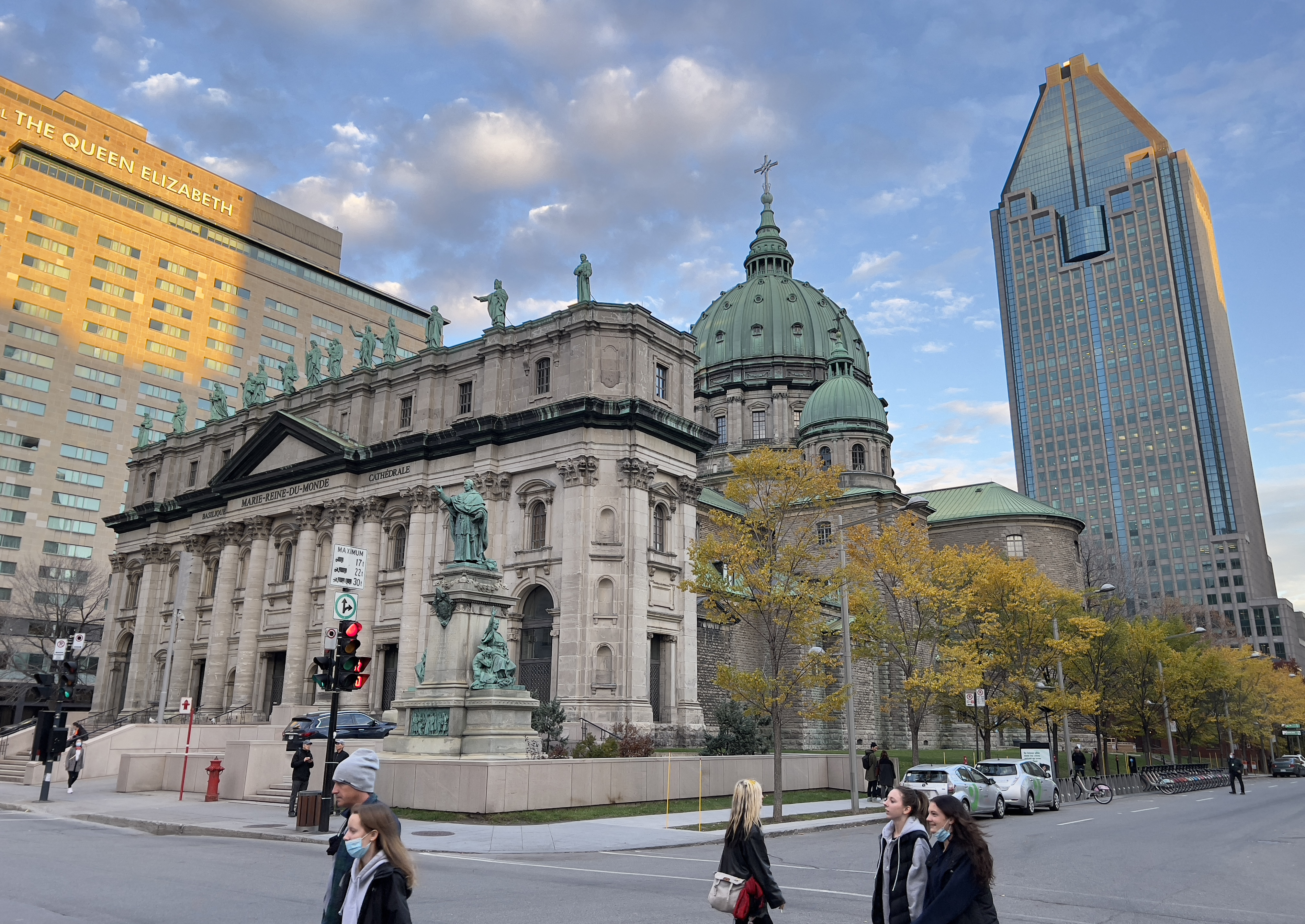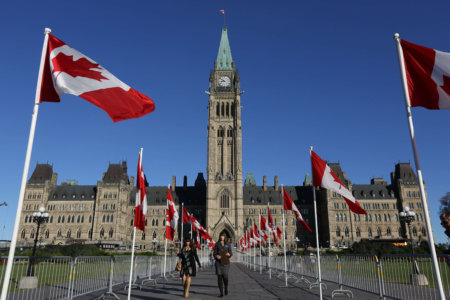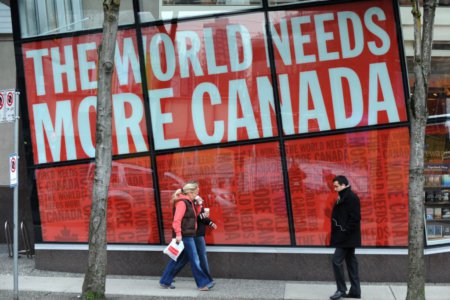
Good news for international students navigating immigration in Canada — the government has just announced major updates for foreign graduates and qualified candidates vying for employment and permanent residency.
In a statement released on April 22, 2022, Immigration, Refugees and Citizenship Canada (IRCC) will be offering temporary work permits to post-graduation work permit (PGWP) holders as a means to fill labour shortages wrought by the pandemic. The measure will ease foreign graduates’ entry into the Canadian workforce amid record-high inflation in the country.
“Starting in summer 2022, former international students who are in Canada and have a post-graduation work permit expiring between January and December 2022 will qualify for an additional open work permit of up to 18 months,” the statement read. “We are exploring a simplified, expeditious process for this, and details will be made available in the weeks ahead.”
An estimated 95,000 PGWPs will expire between January 31 and December 21, 2022, and IRCC expects as many as 50,000 applications from the new temporary move. “Canada is a top destination for global talent. We need to use this fact to ensure that businesses and employers have access to the skilled workers they need to grow and succeed,” the statement explained, citing the need to fill vacancies across the country.
Together with the announcement, Immigration Minister Sean Fraser also declared the resumption of the Express Entry draw for economic-class migrants under the Federal Skilled Worker Program (FSWP), the Federal Skilled Trades Program (FSTP), and the Canadian Experience Class (CEC) categories.
Starting in mid-June, former international students in Canada whose post-graduation work permits expired or are expiring between Jan 31, 2022 and Dec 31, 2022, will be able to get an additional open work permit of up to 18 months duration.
— IRCC (@CitImmCanada) April 22, 2022
The Express Entry relies on a points-based system, scoring eligible candidates for PR status under a Comprehensive Ranking System (CRS) based on criteria such as education, work experience, language skills and more.
Express Entry invitations have been temporarily halted since September last year due to a growing backlog of immigration applications. The total number of applications had reached nearly two million in March 2022, which included pools of applicants vying for citizenship, permanent residency, study permits, temporary work visas, and visitor visas.

Canada is expecting more newcomers from 2022 to 2024 under the Immigration Levels Plan announced in February to address labour market shortages during the pandemic. Source: Daniel Slim/AFP
Immigration in Canada: Will more former international students land more PRs this year?
According to the statement, 2021 saw more than 157,000 former students attaining a PR in Canada, with more than 88,000 coming directly from PGWP. To address the immigration application backlog in its system, IRCC has ramped up its processing to double the number of PR decisions and work permits in the first quarter of 2022, compared to the same time period last year.
Over 113,000 newcomers were welcomed From January 1 to March 31, 2022, while more than 100,000 work permits have been processed within that time.
Immigration in Canada is expected to see more applications in the next couple of years. Earlier in February, the government unveiled the Immigration Levels Plan 2022-2024, an ambitious project to boost immigration to the country. The plan targets 431,645 newcomers this year, with 447,055 and 451,100 newcomers aimed in 2023 and 2024 respectively.
A report released by Statistics Canada in June 2021 found that international students who were employed during or after their studies were more likely to secure PR status (60%). Three in 10 overseas students who first arrived in Canada after 2000 have managed to get PR status within a decade since their study permit was issued for the first time, the report added.
A separate report revealed more good news for international students planning for immigration in Canada: the annual median salary for PGWP holders have nearly doubled within the 2008-2018 period. Nearly three-quarters PGWP holders during this period obtained permanent residency within five years after their PGWP was issued, signalling encouraging prospects for those intending to remain in the country long-term after their studies.











